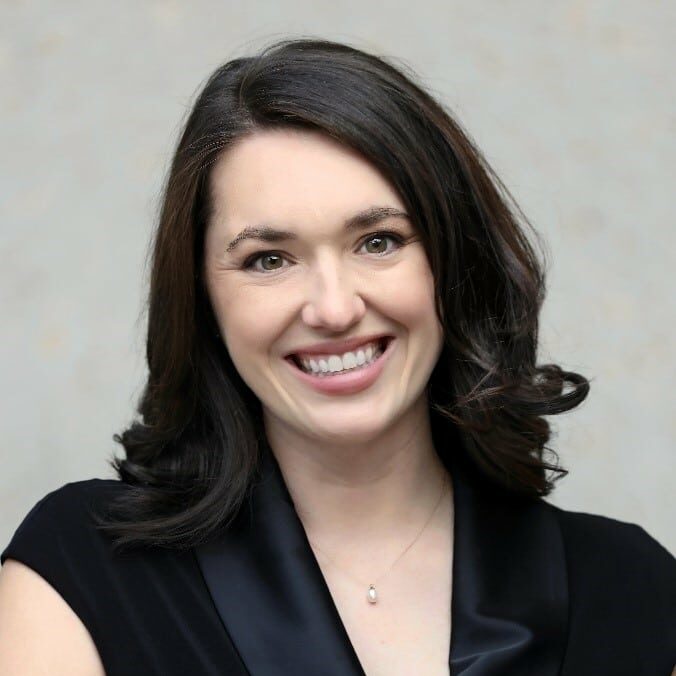

Invited Speaker
Lauren Bigger
Doctoral candidate
Department of Behavioral, Social and Health Education Sciences
Emory University
There is a growing body of evidence suggesting that social capital impacts health outcomes. However, less research has been done among those who live in rural communities and there are questions on how the associations between social capital and health may vary based on demographic and community characteristics. Utilizing data from a 5-year health equity initiative, Lauren will present findings from a study on the associations between social capital and several measures of health and well-being among residents of rural Southwest Georgia. She will discuss the variation in associations by race and degree of rurality as well as the implications that these findings may have for social capital researchers and rural public health practitioners.
About the presenter:
Lauren Bigger is a doctoral candidate in the Department of Behavioral, Social and Health Education Sciences in the Rollins School of Public Health at Emory University. Her primary research interests are in community-based approaches to understanding and addressing health inequities, including assessing how outer contextual factors, such as social capital, influence health outcomes and the implementation of health-related policy, systems and environmental changes. She currently employs mixed methods approaches to evaluate the impact of a community-based rural health equity initiative and the scalability and translation of a program to promote healthy eating among low-income families. Lauren holds a Master’s in Public Health from Northeastern University and a Bachelor of Arts in Communication of Science and Technology from Vanderbilt University. She lives in Atlanta, Georgia with her equally nerdy husband, 3 inquisitive young children and their very patient dog.
About Our Webinar Series
This event is part of our regular webinar sessions for social capital researchers including PhD/master students. These sessions include invited presentations from prominent scholars as well as presentations by PhD students and experts in professional practice.
For social capital researchers, these sessions are an opportunity to hear about the latest social capital research and insights from scholars working on the concept. They can be a great way to connect with people, to get advice, discuss ideas or issues, get suggestions for literature to read, or you can just listen.
Are you researching social capital and want to present your research? Click here for more information and to submit a proposal.
Generally, presentations can be 20 to 30 mins. The content of your presentation will depend on your research stage.

